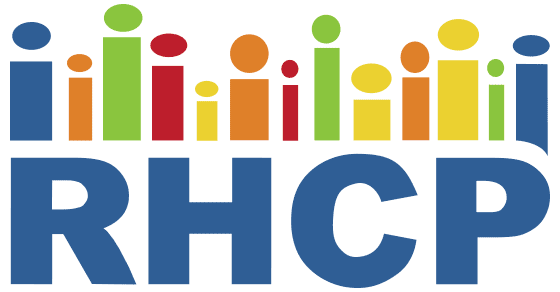Screening for Tuberculosis at an Adult Education Center: Results of a Community-Based Participatory Process
American Journal of Public Health July 2011
RHCP partnered with the Hawthorne Education Center (HEC) to address tuberculosis (TB) among immigrant and refugee learners through a community-based participatory research (CBPR) approach. The collaboration involved focus groups to understand community perceptions of TB, followed by culturally tailored education and voluntary TB skin testing. Of the 259 adult learners tested, 18.5% had positive results, with nearly all positive cases occurring among individuals from Africa, Latin America, and Asia. The participatory process—featuring community input at every stage—led to significantly higher testing participation compared to previous traditional approaches and helped reduce stigma and increase trust in the testing process.
The initiative demonstrated that adult education centers serving large immigrant populations can be effective venues for TB prevention. Learners and staff were actively engaged in planning and implementation, which contributed to high follow-through rates for evaluation and treatment. The CBPR model not only improved participation but also fostered a sense of ownership and empowerment among community members. While the findings may not be generalizable to all settings, they suggest that similar partnerships could be replicated in other communities to enhance TB control efforts. Future research should explore the long-term impact of participatory approaches on stigma reduction and treatment adherence.
